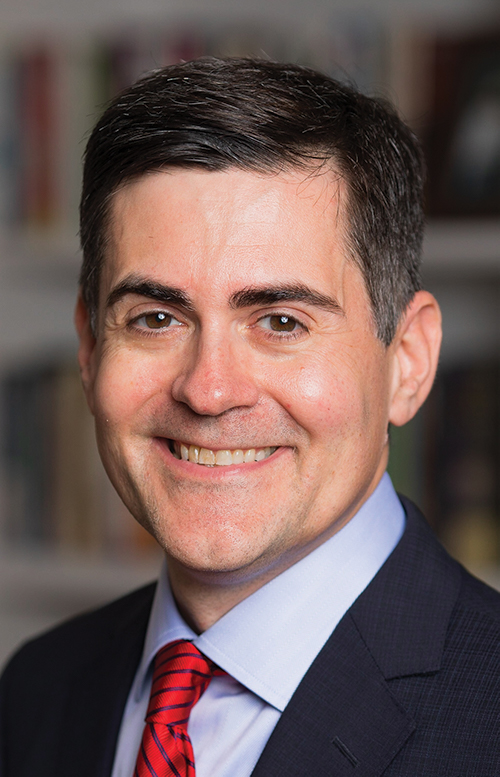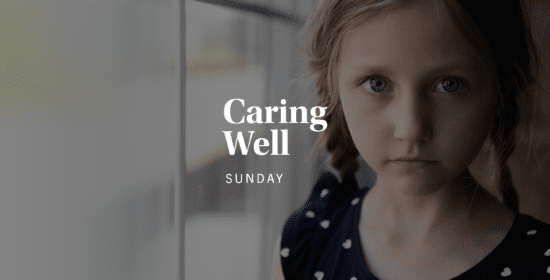Nearly two years have passed since the Houston Chronicle launched a series of articles exposing an abuse crisis among an alarmingly large number of Southern Baptist churches. That investigation into church sexual abuse told about the harm done to over 700 survivors, including children as young as 3 years old. What stood out in these articles was the contrast between the courage and resilience of the survivors of this abuse with the horrific depravity of those who would prey on them—and, further, to use the name of Jesus to prey on them.
In the wake of that report, I, along with many others, called on Baptist Christians, as a first step, to see what was before us, and not to turn away. At the time, some ridiculed concerns about sexual abuse as an irrational sweep into a secular #MeToo moment, implying that the issue was merely “political correctness” over something that isn’t a problem within church life. Others suggested that the church should not concern itself with questions of “justice,” and that preaching the gospel itself will resolve matters of injustice. Some seemed more concerned with investigating those who would name the problem for what it is than with investigating the problem itself. Thankfully, multitudes of churches and Christians rejected wrongheaded responses—or non-responses—as dangerous to the lives of present and future survivors of these horrors and to the witness of the church itself.
Every rape, every sexual exploitation, every grooming toward such, is evil and unjust. Sexual abuse is not only sin but also a crime. All of it should be prosecuted in the civil arena, and all of it will be brought before the tribunal of the Judgment Seat of Christ. Nothing is worse than the use of the name of Jesus to prey on the vulnerable, or to use the name of Jesus to cover up such crimes. What we must learn from all of this is that the issue of predators in the church is not a secondary one. Churches must not simply brush up their policies or pay fleeting attention to the issue because of the cultural moment. This is a primary issue, one that Jesus himself warned us about from the very beginning.
The church is a flock, he told us, vulnerable to prey. That’s why, he said, the church would need shepherds who would know both how to feed the flock with the Word of God and also to protect the flock from predators who would tear them apart (John 10:10-14). The Holy Spirit warned us expressly that some would infiltrate the church to carry out their sexually violent depravity (2 Tim. 3:1-9; 4-13).
We should see this scandal in terms of the church as a flock, not as a corporation. Many, whether in Hollywood or the finance industry or in many forms of organized religion, see such horrors as public relations problems to be managed. But nothing could be further from the way of Christ. Jesus does not cover up sin within the temple of his presence. He brings everything hidden to light. We should too. When we downplay or cover over what has happened in the name of Jesus to those he loves we are not “protecting” Jesus’ reputation. We are instead fighting Jesus himself.
Two years later, we should not be frustrated by the Houston Chronicle’s reporting. We should thank God for it. The Judgment Seat of Christ will be far less reticent than a newspaper series to uncover what should never have been hidden, and to protect those who never should have been unprotected.
Jesus loves the little children, all the children of the world, and he will have the last word.

Russell Moore
President, ERLC










